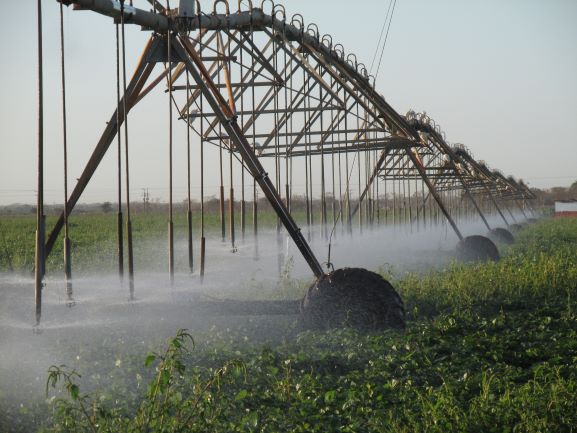With the purpose of reinforcing the control and regulating the use of water, specialists from the Hydraulic Exploitation Company (EAH by its Spanish initials) of this province are going through the final phase of the new contracting system of the service of provision of the liquid to agricultural producers.
According to Gisela Rodríguez Santana, director of the entity, in the coming July the process will conclude, which involves more than 4 500 users in the province, in correspondence with the joint indication between the National Institute of Hydraulic Resources and the Ministry of Agriculture (INRH-MINAG) for the implementation of cost reduction measures and, at the same time, stimulate agricultural production.
The graduate Liobel Silot Matos, main specialist of the UEB of Hydraulic Exploitation, specified that to date they have signed 101 contracts with the production bases and signed 333 with independent producers.
Regarding the new form of contracting for the use of water, the Master of Science Hanny Noa Pérez, legal advisor of the EAH, explained that there are two types of negotiations: the tripartite one, among the EAH, the productive bases, and the producer, and the independent one where only the exploitation company and the peasant intervene.
Concerning the private sector, she explained that the automatic charge for the water supply service to agricultural productive forms is eliminated, according to the provisions of Resolution 65/2021 of the Ministry of Finance and Prices. In the same way, the specialist said, the planned and unused water will not be charged.
“However, she said, if the producers organized in the different productive forms (CCS, UBPC and CPA) maintain the agreement of paying through these organizations, as it was done previously, they can do so with a tripartite contract, prior agreement of the assembly of associates».
In the case of charging for the water service for rice production compared to other crops, there is a marked differentiation, as it is a plantation that needs a high level of irrigation and, therefore, a large consumer of the liquid; hence, for that reason a reduction of 32% was established for this crop and 22% for the remaining activities.

